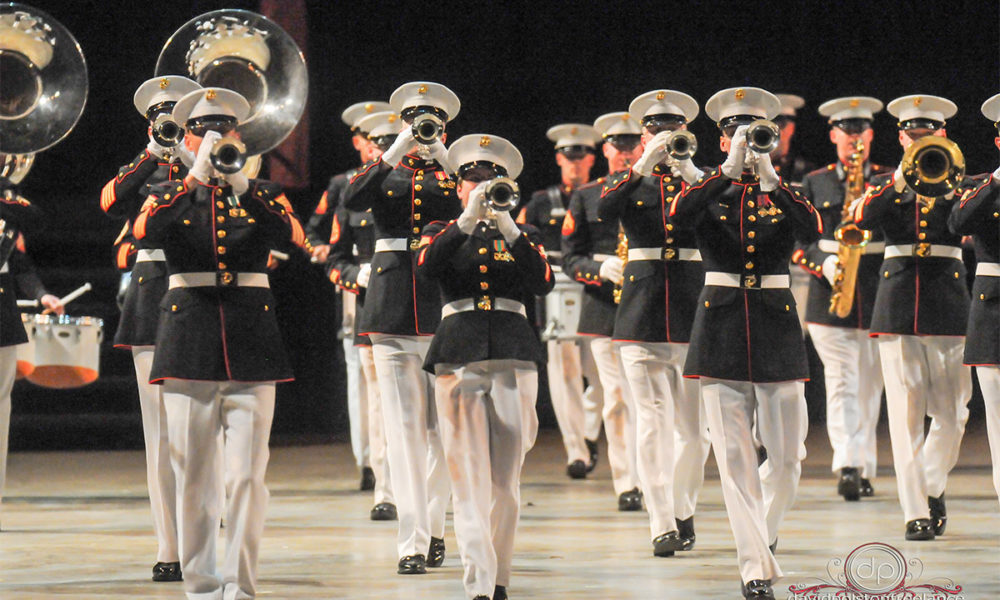Military bands have become a target for some members of the House of Representatives looking to cut costs.
Representative Martha McSally, a Republican from Arizona’s 2nd District, has championed an amendment to the U.S. Department of Defense 2017 budget (H.R. 5293, amendment 48) that would limit performances by military musical units.
“While I believe military bands play a very important role in ceremonies, funerals, honoring the fallen, and playing taps, this amendment simply limits their ability to play in social functions, dances, and things that are really outside their core competencies and the competencies of the military,” said McSally, according to Congressional records.
McSally, a retired U.S. Air Force Colonel, took umbrage with the military musicians she often saw playing for entertainment at diplomatic events. In addition to their duties at ceremonies and funerals, military bands often perform at parades, government balls, military tattoos, and travel around the country and abroad for goodwill outreach performances.
Another House bill will require Secretary of Defense Ash Carter to review the more than 100 bands and $437 million costs by Dec. 1 to see if some may be reduced, combined, or limited. The spending on military bands accounts for way less than 1 percent of the overall $600 billion military spending.
Current and retired military musicians and their supporters strongly oppose the reduction in funding or personnel.
“I ask that you attend one of our performances for troops and watch deployed soldiers relax for the first time in months as they remember how to do so and think of home without hurting for a moment,” writes SPC Amber Perry of the 106th Army Band in a plea to elected officials. “I ask that you attend one of our performances in the United States which are open to the public, not a military ceremony, and hear a teenager say, ‘I guess the military isn’t all about killing. I kind of like this’ or see people dance and take pride in our country.”
Some of the primary social media opposition includes a petition “Continue Military Bands Funding” on whitehouse.gov’s “We The People” website with more than 26,500 signatures as of press time and a Facebook group #savemilitarymusic with more than 8,300 members.
“Rep. McSally’s amendment is specious at best,” says Donald Wilmont, retired Army bandsman of 22 years. “The amount of money saved with not allowing public performances of military bands will not lessen the overall budget of those said groups in any significant manner. But the negative impact upon the civilian population and the country as a whole would be dramatic. I personally performed over 3,000 public concerts in 44 of the 50 states and can unequivocally attest to the positive impact the military bands have made on our fellow Americans.”


